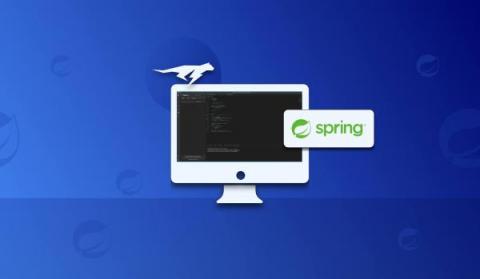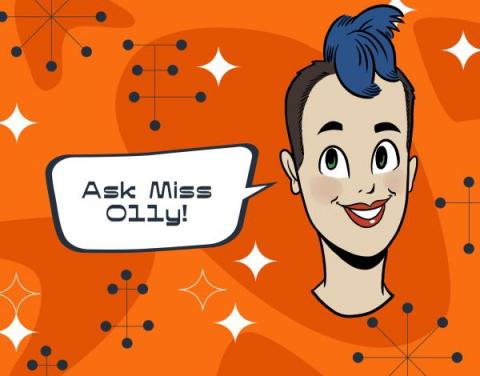Operations | Monitoring | ITSM | DevOps | Cloud
Observability
The latest News and Information on Observabilty for complex systems and related technologies.
Introducing SolarWinds Hybrid Cloud Observability
Using Google Workspace Data for Security Observability
Keeping your systems secure is a never-ending challenge. Not only is it necessary to monitor and secure your own tech stack, but each new service a company uses creates another potential avenue for bad actors to try to exploit for their own ends.
Service level objectives: How SLOs have changed the business of observability
Forget the latest tech gadgets and the newest products. One of the most talked about trends in observability right now? “SLOs have really become a buzzword, and everyone wants them,” said Grafana Labs principal software engineer Björn “Beorn” Rabenstein on a recent episode of “Grafana’s Big Tent,” our new podcast about people, community, tech, and tools around observability.
Spring Transaction Debugging in Production with Lightrun
Spring makes building a reliable application much easier thanks to its declarative transaction management. It also supports programmatic transaction management, but that’s not as common. In this article, I want to focus on the declarative transaction management angle, since it seems much harder to debug compared to the programmatic approach. This is partially true. We can’t put a breakpoint on a transactional annotation. But I’m getting ahead of myself.
Ask Miss O11y: Logs vs. Traces
Ah, good question! TL;DR: Trace instead of log. Traces show connection, performance, concurrency, and causality. Logs are the original observability, right? Back in the day, I did all my debugging with `printf.` Sometimes I still write `console.log(“JESS WAS HERE”)` to see that my code ran. That’s instrumentation, technically. What if I emitted a “JESS WAS HERE” span instead? What’s so great about a span in a trace? Yeah, and so do logs in any decent framework.
Intro to FREE Cribl Sandboxes & Preparing for Upcoming Privacy Regulations
Application Performance Monitoring vs Application Performance Observability
You’ve likely heard the term Observability lately. There’s a fundamental change taking place in the Monitoring space, and Observability is behind it. Observability itself is a broad topic, so in this post we’ll talk about what it means to move from Application Performance Monitoring to Application Performance Observability.
What Does Observability Mean For You?
The power of asking questions
I always tell people "Observability is not logs, metrics, and traces! Observability is empowering your team to ask questions." That's very aspirational and sounds good, but it's not at all clear. I now have a self-contained story that perfectly explains it!











